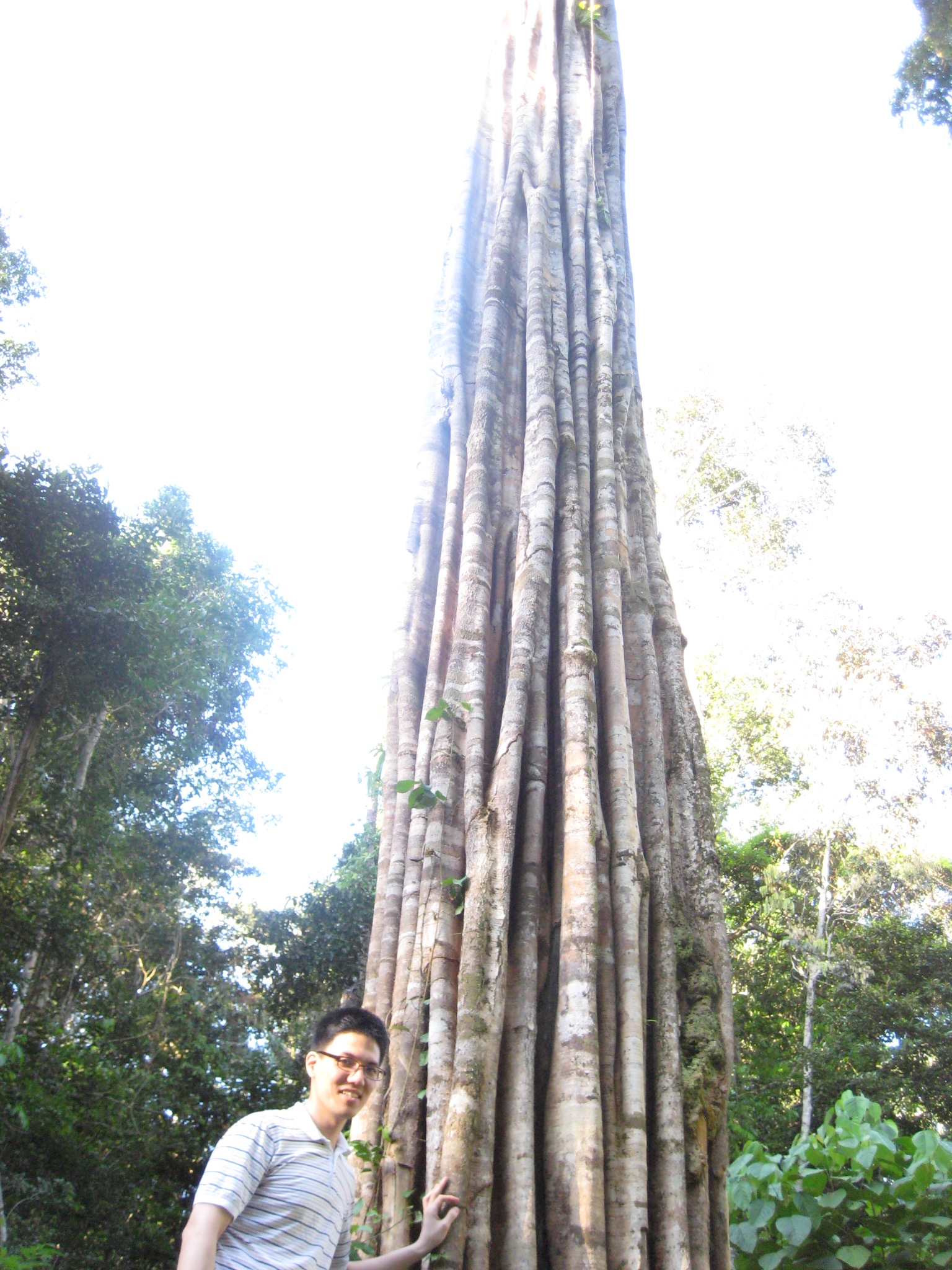Policy Tools for Improved Forest Governance
- Value of information: Mangrove forest management in the city of Rio de Janeiro using satellite imageries (Funded by NASA and Resources for the Future)
- Lab-in-the-field experiments in Liberia on the role of knowledge about communal land rights and the delivery method of the knowledge on natural resource extraction
Impact Evaluation and Mechanism Analyses of Conservation and Development Policies
- International Climate Fund’s Program in Brazil and Ghana – Livelihood and environmental implications of an environmental registry program (CAR) in Brazil and of forestry intervention programs in Ghana
- Large-Scale Land Transactions as Drivers of Land-Cover and Livelihood Changes in Sub-Saharan Africa – Impacts of land transactions on land cover and livelihoods and mechanisms behind them in Ethiopia, Liberia, and Tanzania
- Analyzing how Conservation Reserve Program (CRP) has affect land use/cover, labor allocations, farmers’ welfare in the U.S.
Analyses of Microeconomic Mechanisms for Sustainable Development
- Access to Information and How it Affects Land Use and Livelihoods in Uganda – Estimation of impacts of increased access to information through mobile phone ownership on deforestation and livelihoods
- Coping Strategies for Natural Hazards – Investigation of how having different levels of natural or social capital affect people’s ability to cooperate with an earthquake in Nepal
Working Papers (* denotes students)
Jung, S., Akinyemi, T.* “Large-scale Land Acquisitions, Local Resource Access, and Labor Allocations in Liberia”
Abstract: Limiting access to agricultural lands and forests could undermine rural households’ livelihoods and change their labor allocation. We estimate the effects of one such limitation—the transfer of land-use rights to private companies for commercial agricultural production—on local resource availability, wealth, and labor allocation. Our theoretical predictions and instrumental variable estimations using over 1,200 household surveys conducted in Liberia show evidence of a decrease in access to agricultural land (one to five hectares) and the quality of community forests due to such land deals, which led to greater food insecurity and lower wealth. To cope with such shocks, affected households worked one to eight hours per week more in the forestry sector compared with those unaffected by the land deals; a subset of those households that had not worked in the forestry sector and had fewer assets (<3rd quartile) increased the number of out-migrants by 0.4–0.8 members/household.
Jung, S., Dundas, S., Reid, J., Wood, D. “Gaps in Mangrove Forest Data and Valuation Methods Limit Understanding of Socioeconomic Benefits
Abstract: The carbon storage density of Mangrove forests is among the highest of any ecosystems and therefore is a cost-effective avenue for climate change mitigation. Beyond carbon storage, mangrove forests provide a number of ecosystem services that are of significant, though not well quantified, value. We review recent developments in mangrove forest data and valuation efforts and provide curated estimates of the value of mangrove forest ecosystem services. While the exclusion of studies that did not meet our quality criteria generates a more reliable and smaller range of values than previous estimates, curated estimates still exhibit a high-value range with the persistence of outliers. We suggest various pathways for improvements in understanding socioeconomic benefits of changes in Mangrove forests, including the detailed maps and classifications of Mangrove height, species, and health data and the marginal valuations efforts to contextualize value estimates with more detailed classifications considering subsistence value estimates and beneficiaries.
Jung, S., Lee, Y.* “Power Plant Developments and Local Welfare in the United States”
Abstract: Despite the increasing number of new power plant developments in the U.S., few studies have considered investigating the effects of power plant opening and operations. In this paper, we fill this gap by studying the short- and long-term (up to 50 years) impact of power plant developments on demographic and socioeconomic indicators at the census block group (CBG) level. We find supporting evidence that power plants have been located in CBGs with a lower percentage (%) of population who speak English well or who have bachelor’s degree or above. The opening and operations of power plants seem to have increased migration of non-white population while having more substantial long-term economic impacts that vary by the source of energy being nonrenewable and renewable. These findings provide implications for local economic development policies as we plan for new power plant developments, contributing to more equitable growth.
Selected Papers in Progress
- “The Value of Satellite Information: A Case Study of Mangrove Management in Rio de Janeiro”
- “Conservation Reserve Program that Changes Farmers’ Labor Allocation, Land Use/Cover, and Local Welfare in the U.S.”
- “Increased Deforestation by Smallholders Following Land Registration in Brazil”
- “Does Knowledge about Land Rights and Social Cohesion Matter in People’s Resource Extraction Behaviors? Experimental Evidence from Liberia”
- “Quantitative Estimates of Incentives for Land Users to Conserve or Deforest”
